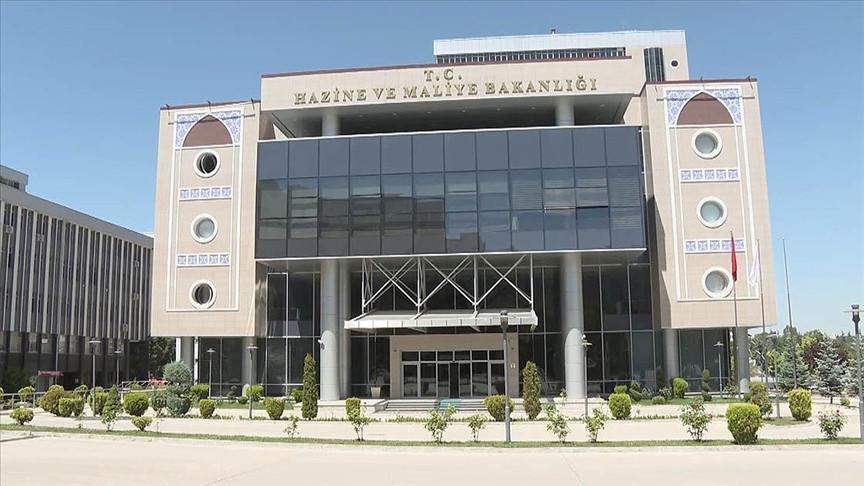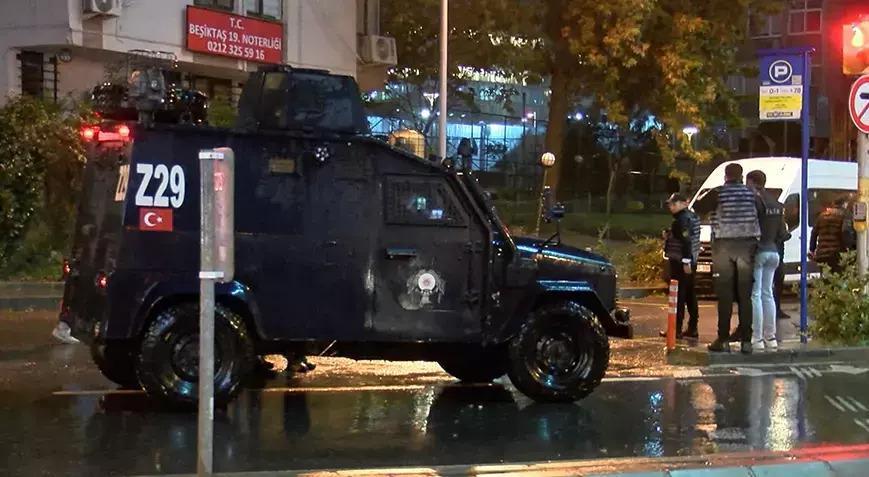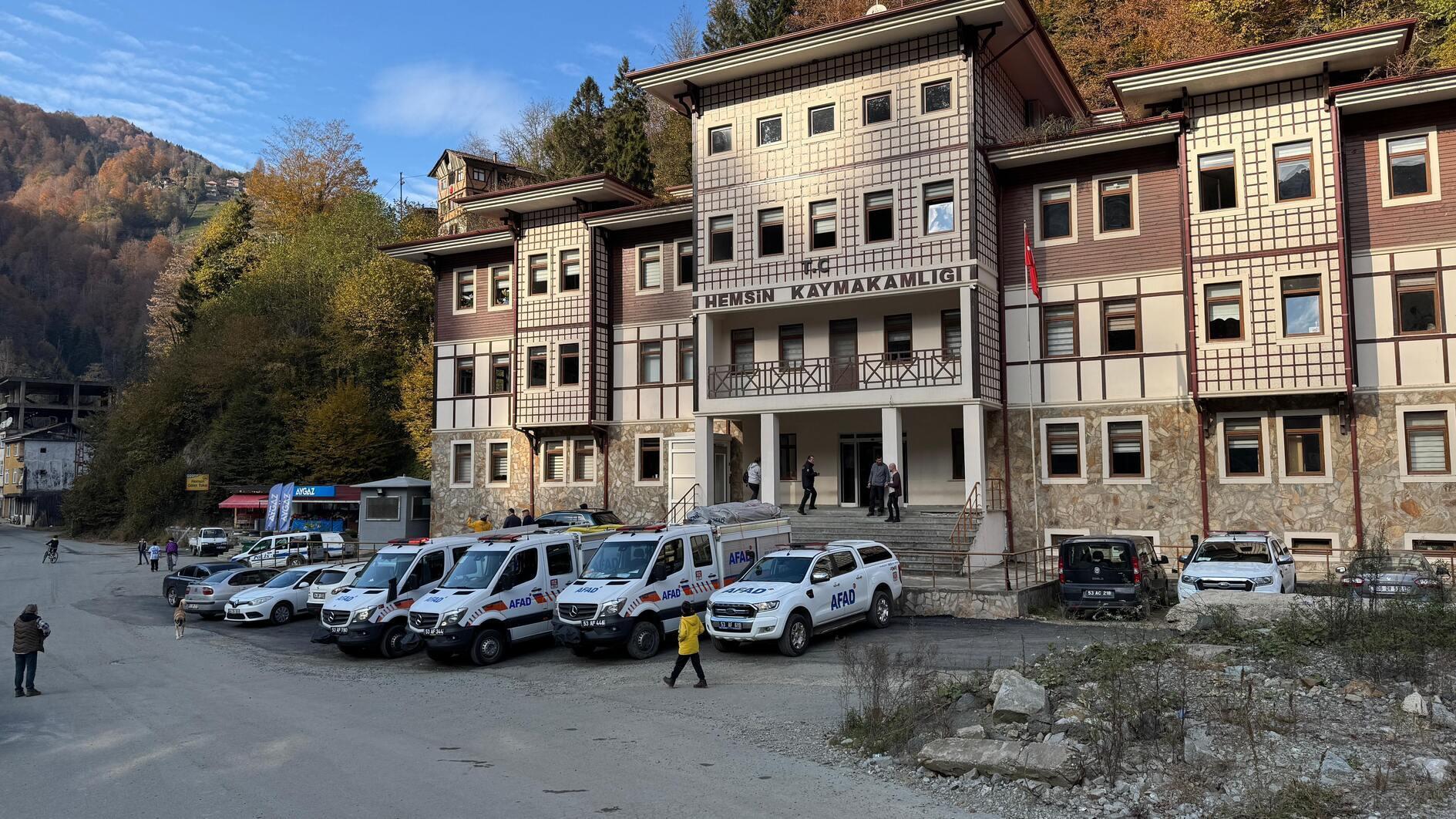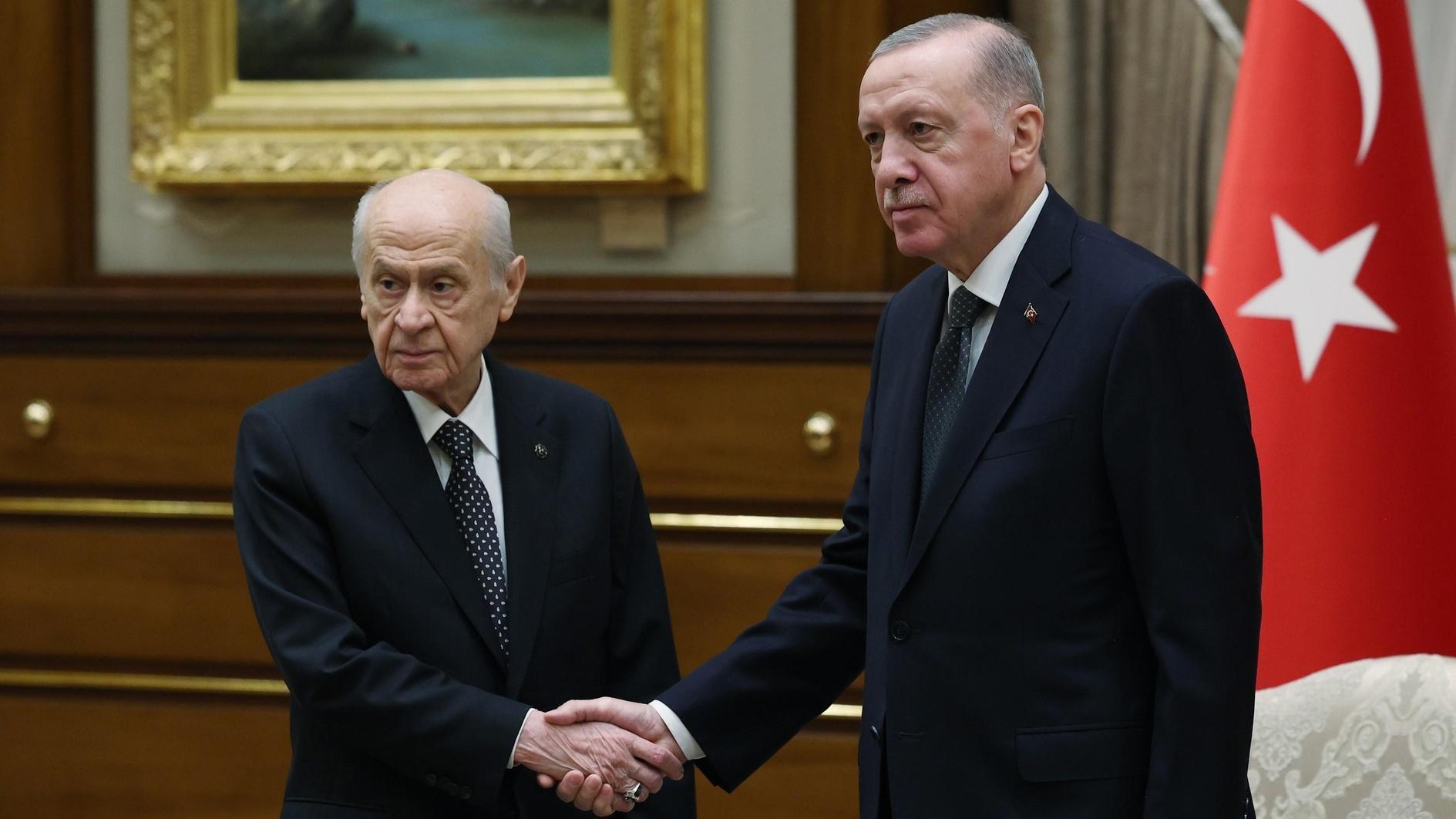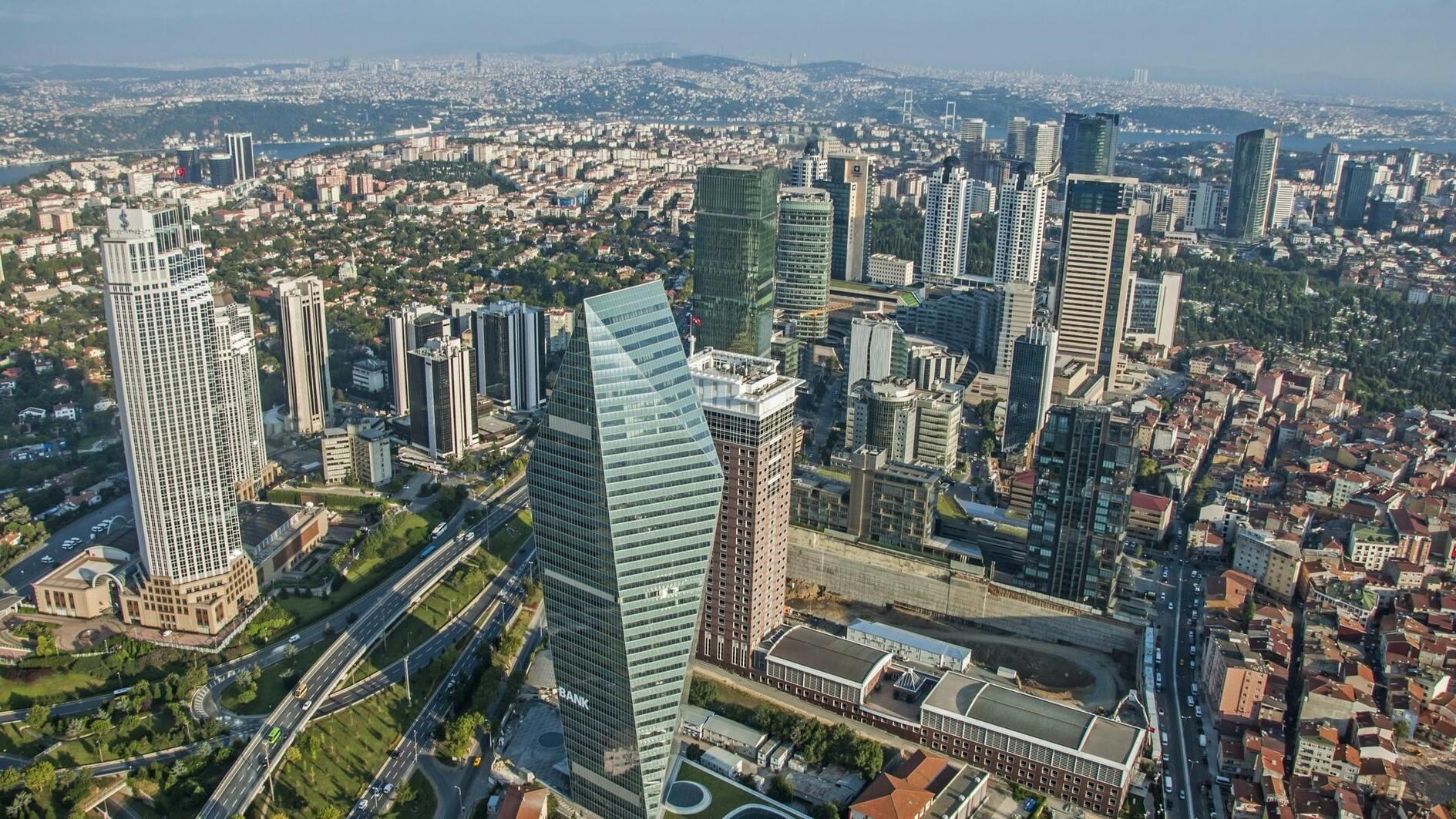The next Chernobyl may be intentional
BENNETT RAMPERG
Chernobyl’s 30th anniversary on April 26 came against the backdrop of growing apprehension that nuclear reactors may become a terrorist target.Serious concern arose during the recent Islamic State attacks in Brussels. Evidence suggested that the assailants were considering a nuclear-related incident.
The scare provided a reminder that nuclear reactors are radiological mines that terrorists could exploit. Destruction of a plant would mark a zenith of terrorist violence. Radioactive elements would spread across national boundaries.
How concerned should the West and other regions be? And if the peril remains so serious, why doesn’t the international community impose mandatory security standards?
Actually, Washington has tried to do just that. On June 14, 1946, the United States proposed the Baruch Plan at the United Nations. It called for an International Atomic Development Authority that would maintain “managerial or ownership of all atomic energy activities potentially dangerous to world security” and “the power to control, inspect and license all other atomic activities.”
Had Cold War politics not intervened, reactors would likely be safer and more secure today. Instead, the international community now faces a patchwork of national regulations. The result leaves open a terrorist nuclear Pandora’s Box.
Certainly, enforcement of robust security are but a small price to pay to avoid yet another intentional or accidental Chernobyl or Fukushima.
Unfortunately, given inertia, we may have to wait for the intentional Chernobyl to take place to get action. Consider that nuclear critics have been concerned for decades that reactors are likely terrorist targets and not enough is being done to protect them.
But with no serious attack so far, complacency has set in. Belgium finally put armed guards at its plants only after last year’s Paris terrorist attacks. How many other nations among the 30 with power reactors have been equally complacent?
The International Atomic Energy Agency, the World Association of Nuclear Operators and the European Union — all press for reactor security and safety by offering guidelines. They send survey teams to evaluate plant security at the request of the host country. But they cannot force countries to change their security habits.
Generally, such mindsets don’t change easily. It takes events, not hypotheticals, to do that.
It took the 1993 truck bombing of the World Trade Center in New York, for example, to push the United States into setting tougher standards for protecting reactors against vehicular bombings. Then, the Sept. 11, 2001, attack prompted the Nuclear Regulatory Commission to boost defenses against ground attacks because members believed that better airport security would protect against a 9/11-style air attack on reactors.
But even in the United States, which purports to apply the security gold standard, mock attacks have repeatedly found holes in reactor security.
We should expect that only an intentional Chernobyl incident will get complacent countries to dramatically change their security culture. Here is where international groups if given authority, can do some planning to address the issue.
The plan should lay out mandatory security and safety requirements for all nuclear plants worldwide, to be administered by the International Atomic Energy Agency or other authorized body to license plant operations. Were the security at a licensed plant found to be inadequate, the authorized agency would suspend the plant’s license until operators made the required fixes.
Unfortunately, we may have to await an intentional Chernobyl to take place first to galvanize this sort of preventative action.
*This abridged article is taken from Reuters


